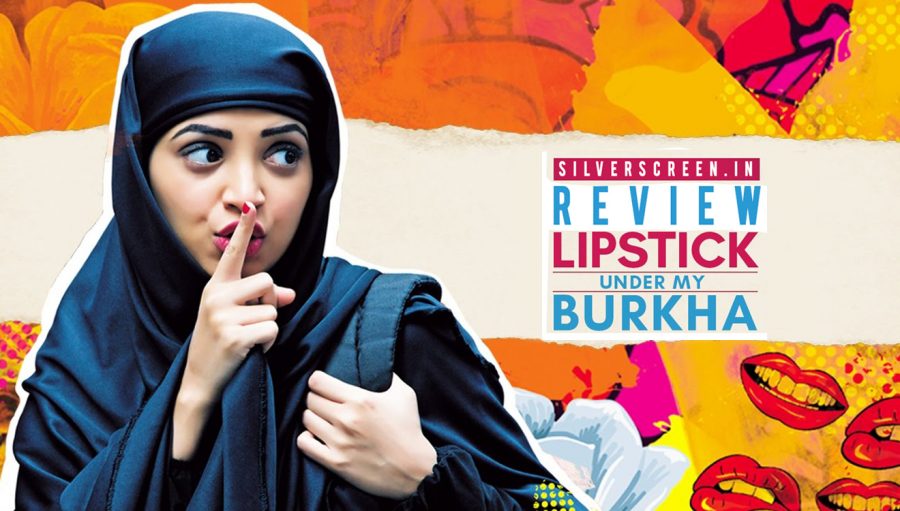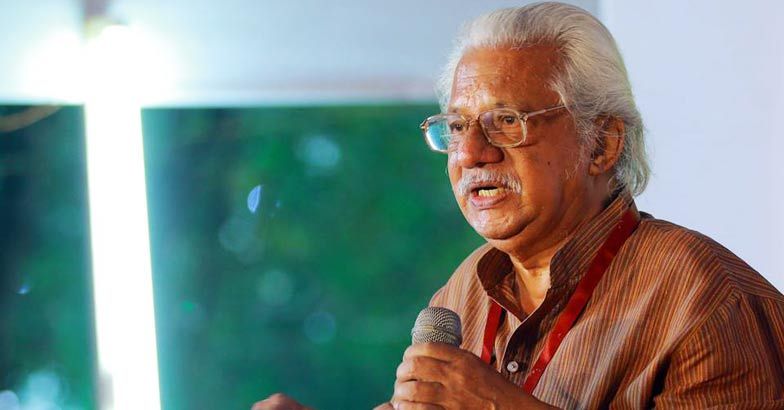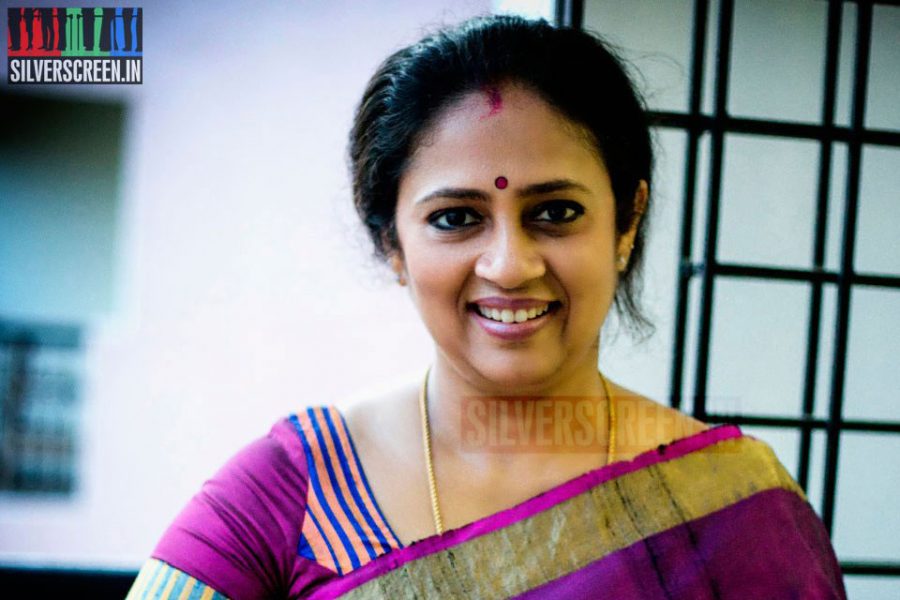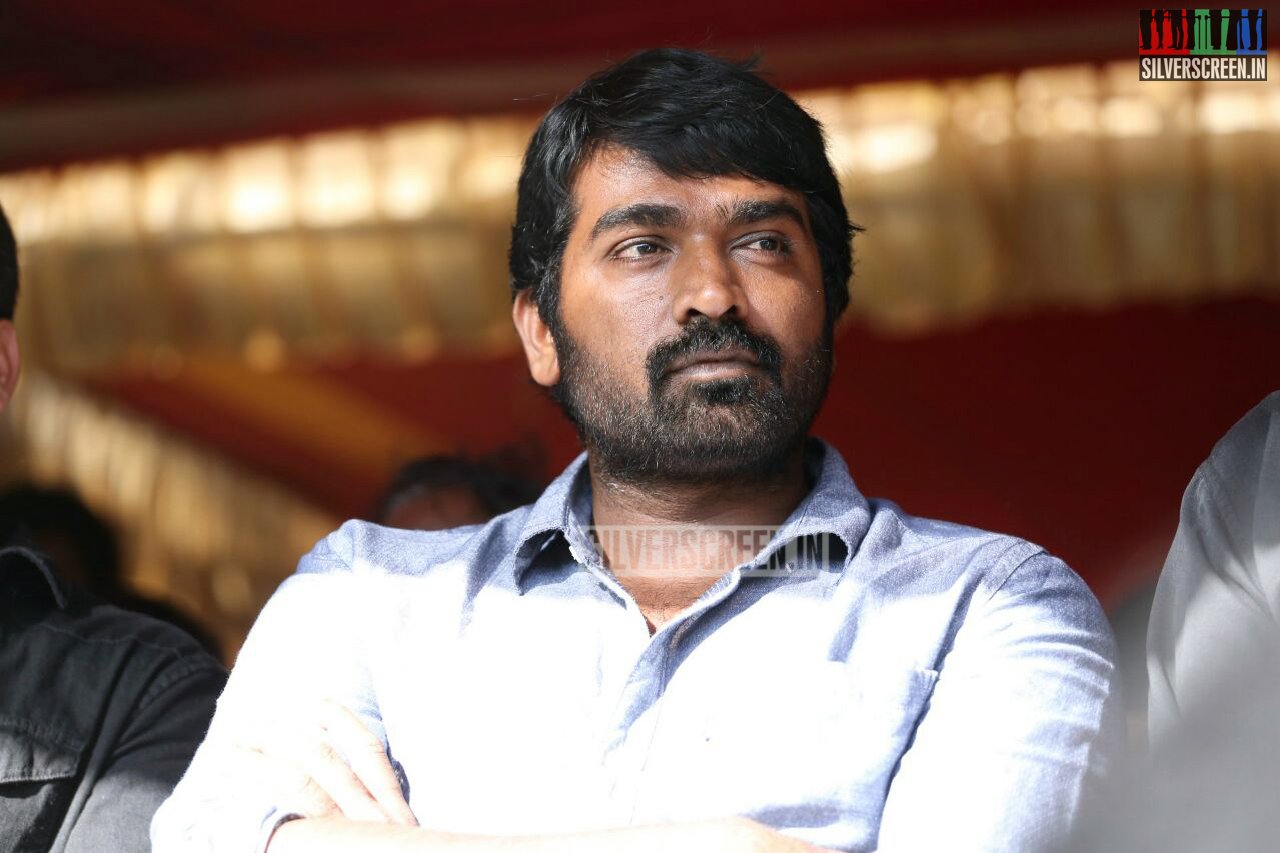*Contains spoilers*
There are parts in Alankrita Shrivastava’s Lipstick Under My Burkha, that are reminiscent of Nadine Labaki’s exquisite and bold Lebanese drama, Caramel. It is inside a beauty salon that characters of both films unburden their otherwise cautiously carried-around body. When the beautician asks Shireen (Konkona Sen Sharma), a mother of three, if her husband ever kissed or touched her with love, she says, “Why do you ask when you already know the answer?” In Shireen’s conservative lower middle-class world, there isn’t anyone like this beautician who can ask her such personal questions without being cruel.
Another instance where you see a similar heartening exchange between women is at a shopping mall where Usha (Ratna Pathak Shah) is nervously looking to buy swim wear. She is spotted by Shireen. The former, a revered matriarch who is rarely seen outside the company of her children and grandchildren, is embarrassed to be at a public place like a shopping mall, and tries to bribe Shireen, a tenant, with a ‘rent-free’ month. Shireen, with a lot of sensitivity, tells her it is not required as she will not tell anyone else of this encounter. “Ushaji, I will help you buy swim wear,” says Shireen, and then goes to a lingerie shop to pick one for her.
*****
Caramel is also made of heartwarming scenes of sisterhood. It serves feminism on a platter to the audience, like a delicious dessert. Lipstick Under My Burkha though, is way more grounded, and hence, several shades darker and devastating. There are few scenes of friendship and laughter, and more of betrayal, unrequited love, oppressed sentiments, and physical violation.
Set in Bhopal, the film is centered around four women who live in cramped apartments in an old housing complex called Hawai Manzil, owned by Usha. Known to everyone as buaji (aunty), Usha’s narration of a Hindi pulp fiction that she is reading, ‘Lipstick-Wale Sapne’, sets the background for the stories of these women. It is a clever move by Shrivastava, who foils dull reality with a rosy and cheesy world painted by this romantic novella.
Hawai Manzil also houses a small shop selling purdah and burqa, run by the parents of Riyanna (Plabita Borthakur), a college-goer who worships Miley Cyrus and Led Zeppelin. Her parents regard dance and music ungodly, so the girl leads a double life – of an obedient purdah clad daughter at home, and a hip, outspoken youngster in college.
Shireen has a Saudi-returnee husband who uses her as a sex machine at night. He doesn’t love her, or heed her request to wear a condom, resulting in frequent pregnancies that take a toll on Shireen’s health. As he refuses to let her have a career for herself, she works as a sales woman without his knowledge.
Leela (Ahaana Kumra) is a young beautician, in an unabashed, steamy relationship with a photographer (Vikram Massey). She is brazen and ambitious, and dreams of starting a business in the wedding sector. But her mother finds a rich and homely guy for her. “You can settle into a comfortable life,” mother tells her. She has a point there, you realise. Leela’s mother works as a live-model for fine arts students. Leela tries to rebel, but it turns out that there is only so much that she can do.
Ushaji is what these young women might grow old to be. A woman in mid-fifties, and far past the socially-accepted female age for romance and sex, she yearns for a sturdy male companion in bed, but gets a bunch of snoring grand children instead. She joins a swimming class, but has to lie to the nosy relatives that she is going to attend a satsang in order to get away. She has to bear with a man ten years older than her calling her ‘aunty’, while his sister tells her that they are looking for a young bride for him.
*****
Interestingly, some of these situations are fodder to evoke petty laughter, that a commercial cinema would have certainly made use of. A fifty-year-old woman looking for a lover, a young woman trying to sell a condom to her husband, or a soon-to-be-bride lurking into her lover’s room, pleading for sex.
Shrivastava uses these situations to make the audience feel uncomfortable. She shoots her scenes fiercely, unperturbed by any sense of right or wrong.
As the film proceeds, the secret lives led by all the four women reach a crescendo. You know the women are walking a slippery slope, with a sense of liberation and passion that is self-destructive. And, it is hard to feel happy for them. You can only hold your breath and wait for the impending doom. Perhaps, the uneasiness that you feel while watching the four of them have a taste of forbidden fun, is precisely what the film intends.
*****
The actors are great, especially Ratna Pathak Shah and Ahaana Kumra, who get some of the most interesting scenes and lines to perform.
However, there are several hyperbole plot points that veer off the film’s general claim of being realistic. Like the one where Rihanna’s college mate tells her with a smirk, “Now you know how I got pregnant?” This exposition is so misplaced, loud, and inadvertently funny. It doesn’t come across as a friend betraying a friend, but a mediocre actor making fun of herself in a badly-staged scene.
Similarly, some of the film’s most crucial scenes are flatly done, evoking little emotion than it should.
Shireen’s husband’s violent reaction to her acknowledgement of his extra-marital affair barely makes an impact on the viewers. His reaction is curiously akin to that of Dhruv, Rihanna’s love-interest, to the revelation that she is a shop-lifter. There is violence in the way he shudders and walks away, deserting her.
The cold aloofness with which the film portrays its male characters in sensitive and intimate situations as these, is strange. While the film stands by its four female protagonists in solidarity, it shows little sympathy to the male characters who come across as selfish misogynists who treat women like domesticated animals. The men in the film are synonymous to the societal system which has been dictating terms for centuries, subjugating the female voice.
Recommended
Lipstick Under My Burkha is a film that doesn’t give answers. It doesn’t invest its hopes on conventional activism tools like trading a purdah for a pair of jeans, for instance. It tries to delve deeper into these women’s problems, and emerges without finding a solution. Shrivastava leaves her characters there – under a roof, sharing a cigarette, their fate hanging in the balance. Can there be a perfect, more spiritual culmination for a movie that is so much in love with its tragic women?
*****
The Lipstick Under My Burkha review is a Silverscreen original article. It was not paid for or commissioned by anyone associated with the movie. Silverscreen.in and its writers do not have any commercial relationship with movies that are reviewed on the site.



